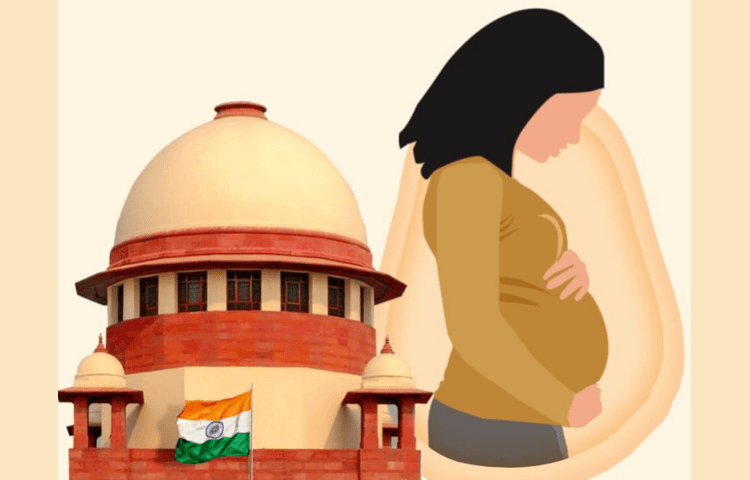“Madhya Pradesh High Court Mandates Immediate Disclosure of Pregnancy Termination Rights for Rape Victims”
June 10, 2024 2024-07-05 16:18“Madhya Pradesh High Court Mandates Immediate Disclosure of Pregnancy Termination Rights for Rape Victims”

“Madhya Pradesh High Court Mandates Immediate Disclosure of Pregnancy Termination Rights for Rape Victims”
By Shazia Siddiqui
In a significant ruling, the Madhya Pradesh High Court addressed a pressing issue in the handling of rape cases involving pregnant victims. The case at hand involved a Writ Petition under Article 226 of the Constitution of India, filed by the father of a rape victim seeking the medical termination of his daughter’s pregnancy. The backdrop to this petition revealed a troubling delay and lack of proper guidance from authorities, highlighting systemic flaws in the support provided to victims of sexual assault.
The court’s intervention came after it noted the victim, abducted and subsequently found pregnant, had her case delayed significantly. Although she was recovered and her condition identified on the same day, the petition for terminating the pregnancy was filed only a month later. This delay was attributed to the failure of both the investigating police officer and the treating doctor to inform the victim or her family about their rights under the Medical Termination of Pregnancy (MTP) Act, 1971.
The High Court observed that the investigating officer and the treating doctor exhibited an alarming degree of apathy. Their inaction deprived the victim and her family of timely information about the possibility of legally terminating the pregnancy, a right enshrined under the MTP Act. This lack of immediate and clear guidance was seen as not only a gross oversight but also a direct violation of the victim’s right to live with dignity, as guaranteed by Article 21 of the Indian Constitution.
In its ruling, the Court emphasized the critical importance of awareness and prompt action in such sensitive cases. It mandated that, henceforth, whenever a rape victim—whether a minor or an adult—is found to be pregnant, it is the duty of the concerned police officer and the treating doctor to immediately inform the victim and her parents about the option to terminate the pregnancy under the MTP Act. This directive aims to prevent last-minute appeals for termination and to alleviate the potential lifelong trauma that carrying an unwanted pregnancy might cause the victim.
The Court stressed that most rape cases occur in remote areas where victims and their families are often unaware of their rights under the 1971 Act. Therefore, it becomes the responsibility of the authorities involved to ensure that these rights are communicated effectively. The Court explicitly stated that the provision of this information should be documented in writing, underscoring the seriousness of this duty. Any failure to comply with this order will be considered contempt of court.
The Madhya Pradesh High Court’s ruling highlights the necessity of timely and compassionate communication in rape cases involving pregnancy. By mandating that victims and their families be immediately informed of their rights under the MTP Act, the Court seeks to uphold the dignity and welfare of the victim, prevent further trauma, and ensure that the legal provisions intended to protect them are effectively utilized.
Case Title: Harish Devda v. State of Madhya Pradesh
Citation: WP No. 9585 of 2024









